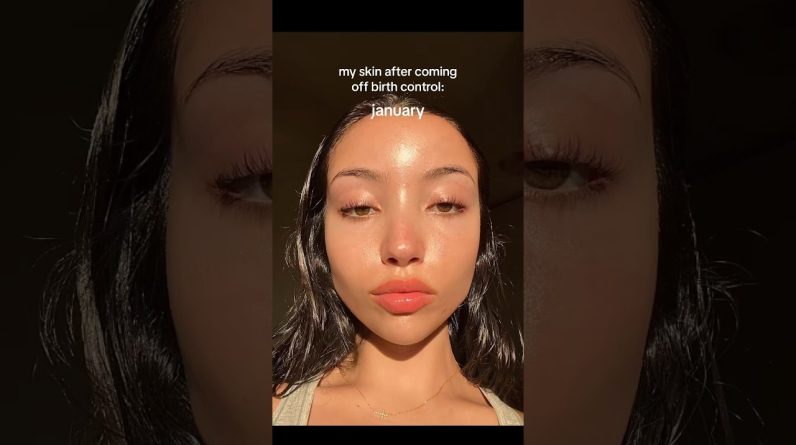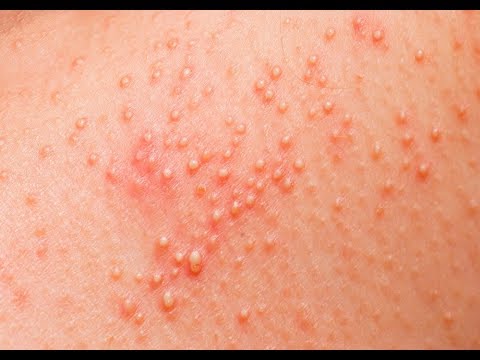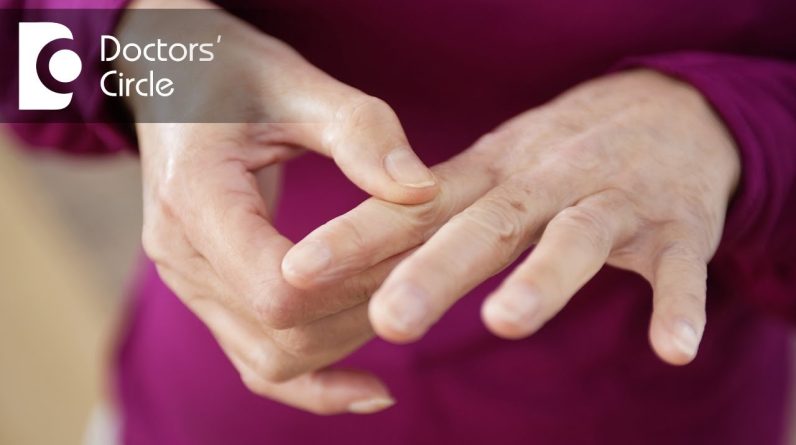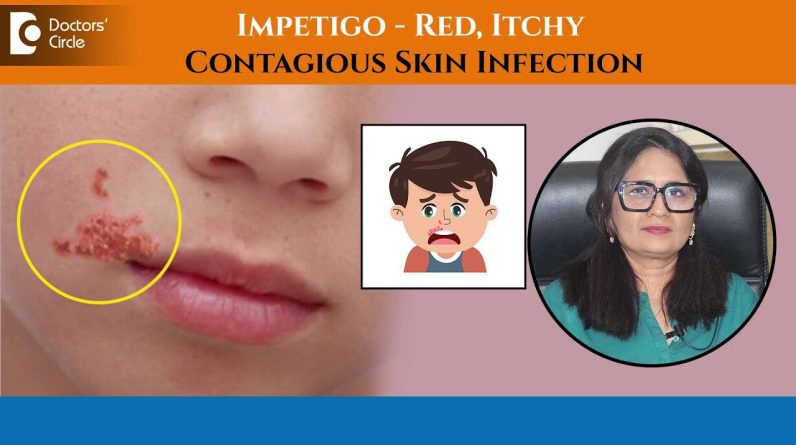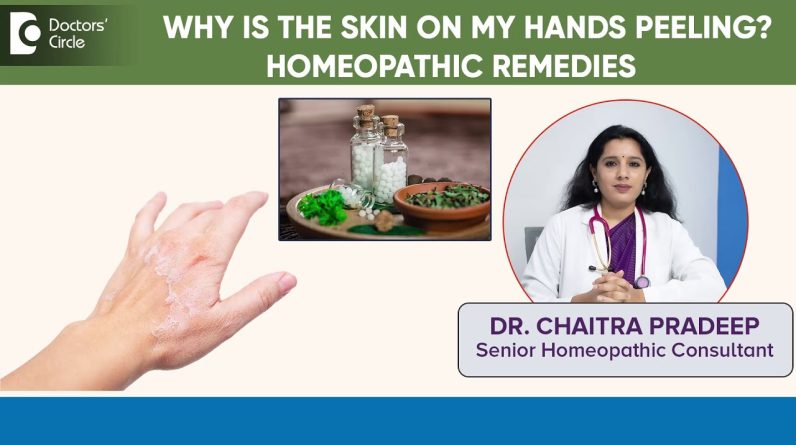How to Treat Scalp Scabs
Are you constantly scratching your head? If yes, it could be due to scabs on your scalp. Scabs are raised, crusty areas or patches on the scalp. Some are yellowish, while others are dark brown, reddish or black. They are often itchy and can bleed sometimes.
Frequently, scalp scabs are due to dry scalp. The problem also may be a symptom of another skin condition that is affecting the scalp, such as contact dermatitis, dandruff, psoriasis, seborrheic eczema, lichen planopilaris, ringworm, lice, and shingles, to name a few.
In some cases, scabs can occur as a result of various hair treatments and styling, such as braiding, bleaching and coloring your hair using dyes.
1. Warm Compress
To get rid of scalp scabs, you need to soften flakes using a warm compress. Soak a towel in comfortably hot water and squeeze out the excess water.
Wrap the warm towel around your head.
Leave it on for 10 to 15 minutes to allow the heat to soften the scabs. Comb your hair to get rid of any loose scabs. Do it once daily.
2. Apple Cider Vinegar
When it comes to treating scabs on the scalp, apple cider vinegar is a good remedy. Mix 2 tablespoons of raw, unfiltered apple cider vinegar into 1 cup of warm water.
Use this solution to wash your hair. Gently massage it around the scalp for 5 minutes. Rinse it out with water. Use this remedy once or twice a week.
3. Warm Oil Massage
To reduce itchiness and dry scalp, a warm oil massage is very effective. Oils, such as coconut or olive oil, create a barrier that helps keep your scalp moisturized. Hence, it is an effective way to treat scalp scabs.
Warm up ¼ cup of extra-virgin olive or coconut oil. Use the warm oil to gently massage your scalp for 5 to 10 minutes. If needed, use a comb to work the oil into your hair.
Put on a shower cap and let the oil work overnight. The next morning, wash your hair and scalp with a mild shampoo. Repeat this simple remedy 3 times a week.
4. Aloe Vera Gel
Another good remedy is aloe vera gel. It also helps maintain the scalp’s pH balance. Cut open an aloe vera leaf and remove the gel. Optionally, you can add a little vitamin E oil, or simply squeeze the oil from 2 vitamin E capsules in it.
Use your fingers to spread the fresh gel onto the sores and scabs on your scalp.
Leave it on your scalp for at least 1 hour. Finish by washing your hair with a mild shampoo. Do this 2 or 3 times a week.
5. Tea Tree Oil
Tea tree oil, with its powerful natural antifungal, anti-inflammation and antibacterial properties, can be used to treat itchiness associated with scalp scabs.
Mix 10 drops of tea tree oil into ¼ cup of almond oil. Massage the mixture onto your scalp and allow it to sit for about 5 minutes. Then, shampoo your hair as usual. Repeat 2 or 3 times a week.
Alternatively, add 10 to 20 drops of tea tree oil to ½ cup of baby shampoo and use it to wash your hair daily until the condition of your scalp improves.
6. Jojoba Oil
Jojoba oil can also reduce the symptoms of scalp scabs and promote healing. Before going to bed, put a small amount of jojoba oil on your scalp. Massage it around your scalp for a few minutes.
Leave it on overnight. The next morning, wash your hair with a mild shampoo.
Repeat this remedy once or twice a week.
7. Indian Lilac
Indian lilac, also known as neem, is highly effective for treating any type of scalp problem. It has antibacterial and antifungal properties that help prevent infection and accelerate healing.
Heat a handful of neem leaves in 2 cups of water for 10 minutes. Remove the leaves, let the water cool down to a comfortable temperature and use it to rinse your hair. Do it every day.
Another option is to mix 4 or 5 drops of neem oil into 1 teaspoon of extra-virgin coconut oil. Massage it onto your scalp and leave it on overnight. The next morning, wash your hair with a mild shampoo. Repeat every other day.
Additional Tips
Avoid scratching your scalp too much, as it can invite infection and permanent scarring. Until the scalp scabs are gone, don’t use hair products that can irritate the scalp like relaxers and harsh shampoos.
Topical antibiotics can help treat infected scabs on your head. If your scalp itches a lot in the winter when the air is dry, you can use a humidifier to reduce dryness and get rid of itchiness.
Thanks For Watching Subscribe For More Videos:
Follow on Facebook:
Twitter:
Google+:
Pinterest:
source



